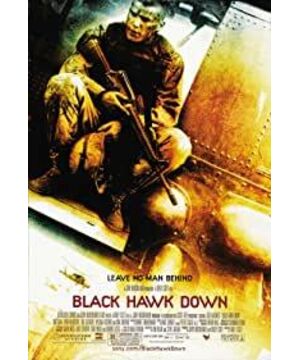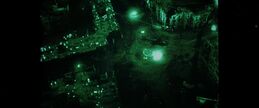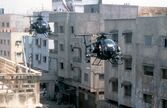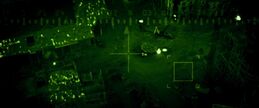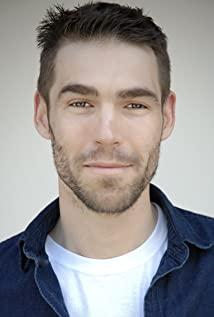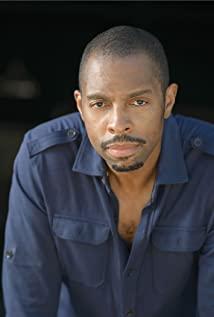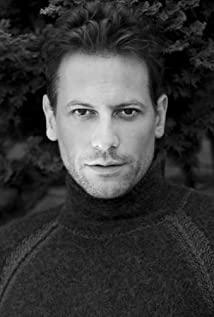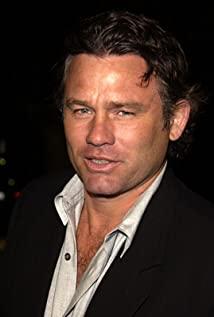What this movie reflects is the most tragic failure of the U.S. military since the Vietnam War; it is the fuse for the United States to carry out comprehensive tactical and strategic reforms, and it is also the experience and lessons that the "new military revolution" must experience.
Lessons, I think there are at least the following aspects:
1. Inaccurate intelligence. The opponent's weapons, number, and distribution are completely unknown, but most people still think that the opponent is a turtle who "cannot even hold a gun", and the war has already come. Casualties are inevitable. During this time, the Americans were a little flustered. Although their comrades were to be treated, how to complete the task without leaving any comrades behind seemed to be an "impossible task"—especially After the two Black Hawks were forced to land.
2. Lack of emergency plans. Now, the term emergency plan has been abused, and it has gradually evolved into a cliché; however, in an emergency, the gap between what is and is not can still be accurately reflected. In the face of "ambush" and belligerent opponents, how to arrange fire support and how to accurately direct one's own actions, all of which broke out in a collective unprepared situation, and the commander seemed at a loss.
3. Insufficient risk prevention capabilities. Americans are so accustomed to fighting alone that even if they are surrounded by friendly forces, they still have to hide from everyone and act on their own until the final shot is out of control. The systemic risk of such an action is obviously too high. Of course, if everything goes according to the plan, the highest return can be obtained; however, the risks faced by the same should also be estimated.
In the second half, starting from the fall of the first Black Hawk, the film gradually entered the "brotherhood" stage. In order to cover the comrades, they were injured and sacrificed to save their comrades. The power source for all of this is brotherhood. The person next to you.
It's a movie review
View more about Black Hawk Down reviews


